Sorry, that’s old news…
You’ve found an older news story. We delete stories from our AAP News Feed after two months. But fear not, here’s today’s news!

Rose Byrne and Jacob Elordi have received their first ever Oscars nomination, leading an Aussie onslaught in Hollywood.
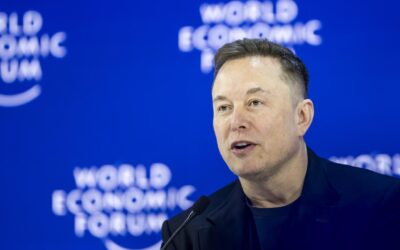
Elon Musk has predicted robots will eventually outnumber humans and this could lead to a huge economic boom.
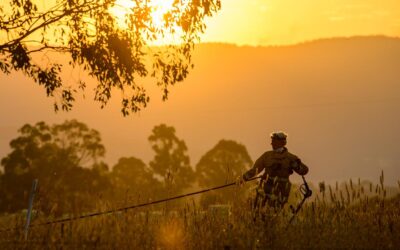
Australia has just experienced its worst heatwave in six years but it's set to become much more common under ...

Traders now tip a greater-than-50 per cent chance of an interest rate hike in February, but some pundits are ...
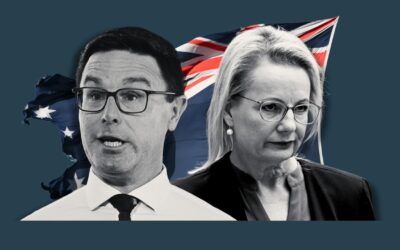
Liberals and Nationals are expecting a long-lasting break-up between the traditional allies, with the heads of ...
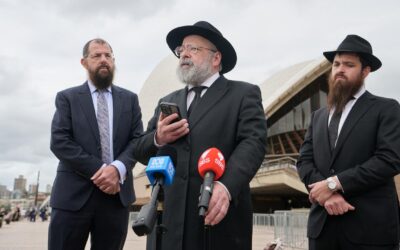
A message of defiance grounded in Jewish tenets has marked an emotional commemoration for Bondi massacre victims ...
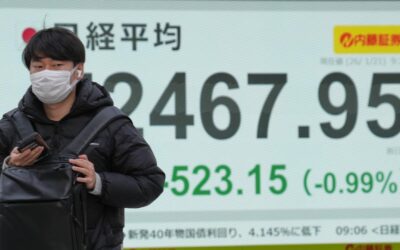
Asian shares have mostly advanced, following Wall Street's lead, after US President Donald Trump backed down on ...
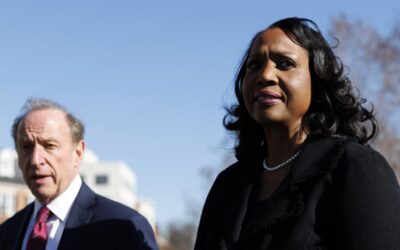
US Supreme Court justices have raised issues with arguments from President Donald Trump over his powers to sack ...
No results found.
Background image courtesy victoriancollections.net.au